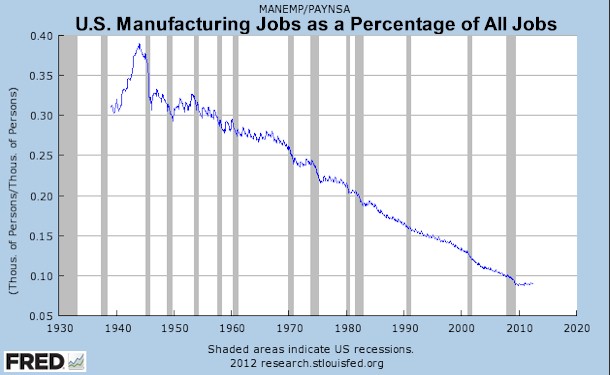A new NBER paper have found that the early childhood development has a long-lasting effect on our careers.
How Does Your Kindergarten Classroom Affect Your Earnings? Evidence From Project STAR Raj Chetty, John N. Friedman, Nathaniel Hilger, Emmanuel Saez, Diane Whitmore Schanzenbach, and Danny Yagan, NBER Working Paper No. 16381
"First, kindergarten test scores are highly correlated with outcomes such as earnings at age 27, college attendance, home ownership, and retirement savings. Second, students in small classes are significantly more likely to attend college, attend a higher-ranked college, and perform better on a variety of other outcomes. Class size does not have a significant effect on earnings at age 27, but this effect is imprecisely estimated. Third, students who had a more experienced teacher in kindergarten have higher earnings. Fourth, an analysis of variance reveals significant kindergarten class effects on earnings. Higher kindergarten class quality – as measured by classmates' end-of-class test scores – increases earnings, college attendance rates, and other outcomes. Finally, the effects of kindergarten class quality fade out on test scores in later grades but gains in non-cognitive measures persist. We conclude that early childhood education has substantial long-term impacts, potentially through non-cognitive channels."


